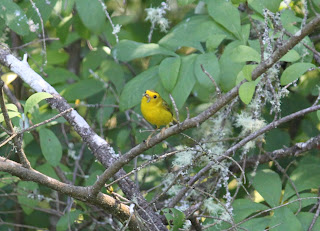The movie, which covers the case of DuPont using and dumping toxic chemicals in the process of making Teflon, hits hard at both the chemical company and the audience. A strong emotional current runs through the story, and the fact that it's based on real events makes it even sadder. Seeing Ruffalo's character struggle for justice was difficult because of the awful things DuPont had done. Watch the trailer below:
Despite not being a "feel good" movie, Dark Waters deserves a viewing. The subject matter, while emotionally jarring, has great importance and vital information people should know. It is also a well-constructed, well-acted movie.
Following a theatrical release in November 2019, the film is now available for home viewing, so check it out because these dark waters are deep and need to be explored.
